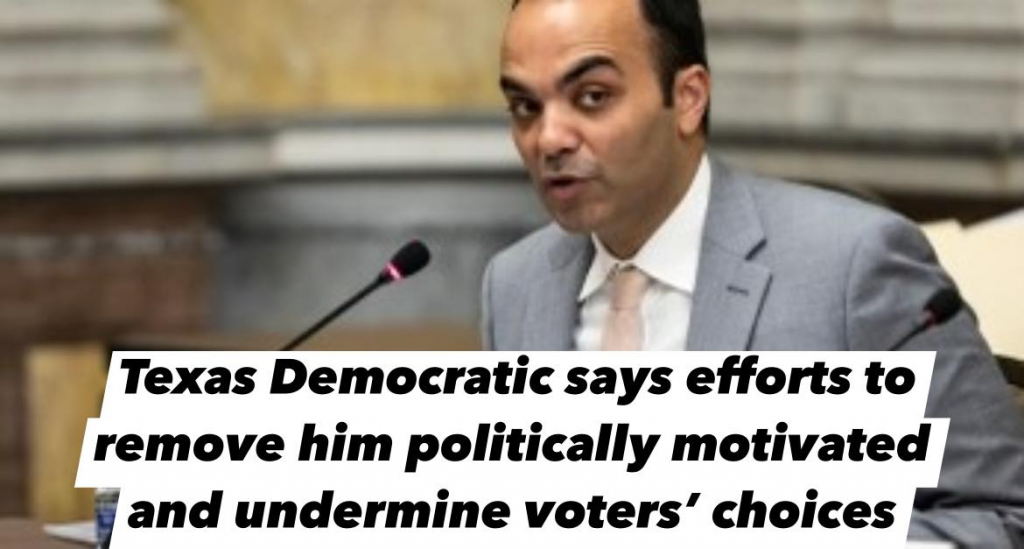Garza, a Democrat, has been challenged under Texas’s H.B. 17 law, which allows residents to initiate removal proceedings against prosecutors seen as refusing to enforce specific laws, such as those related to drug and abortion offenses.
Judge Waldrip, a Republican, stated his choice to delay was due to an overwhelming workload, not political motives, and affirmed his commitment to a transparent, full hearing. This postponement leaves Garza facing potential removal even if reelected.
This case highlights a new trend in Texas, where state legislation allows direct challenges to prosecutors’ discretion, especially when their policies differ from statewide mandates. Garza, a prominent figure in Texas’s Democratic Party, has defended his record, arguing that efforts to remove him are politically motivated and undermine voters’ choices.
The delayed ruling has stirred discussions on judicial conduct and potential political implications. Opponents, including Garza’s election rival Daniel Betts, expressed surprise over the case’s prolonged status. Observers are left questioning whether this case will set precedents for prosecutorial accountability or be seen as an example of judicial influence on elected officials’ autonomy.
As these legal and political battles unfold, they illustrate a complex intersection of law, policy, and public opinion in shaping the future of Texas’s justice system.
Waldrip, an Abbott appointee, is also up for re-election on Tuesday. He is running unopposed.
Garza is represented by Miller & Chevalier and Graves Dougherty Hearon & Moody.
The case is Dupuis v. Garza, Tex. Dist. Ct., No. D-1-GN-24-002191.
What are your views on the role of state legislation in challenging elected officials’ policies?
- Follow or share

